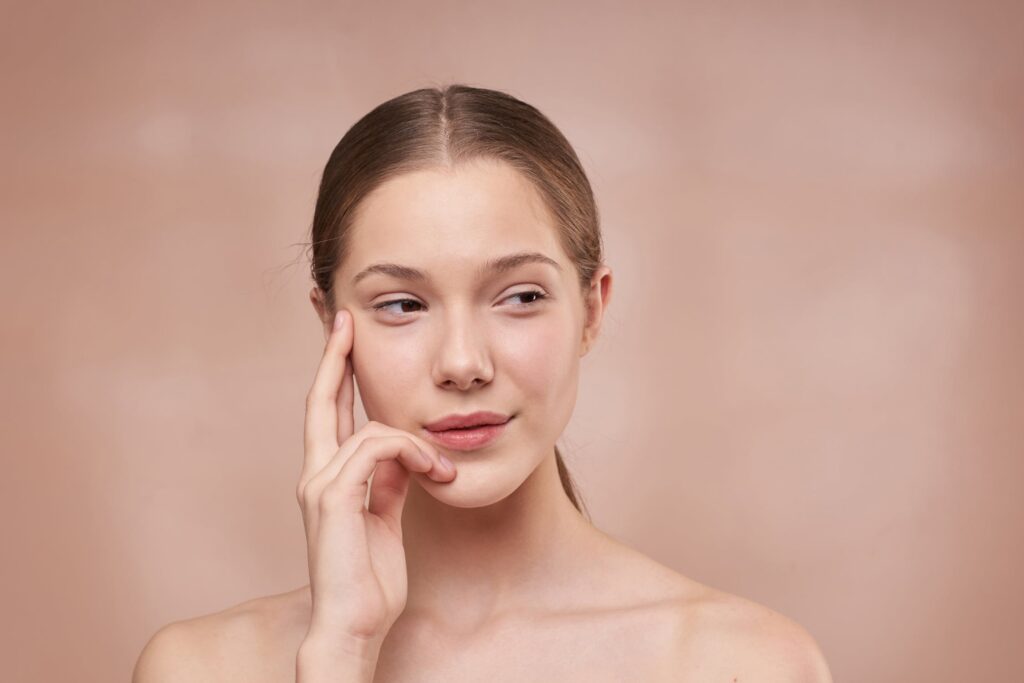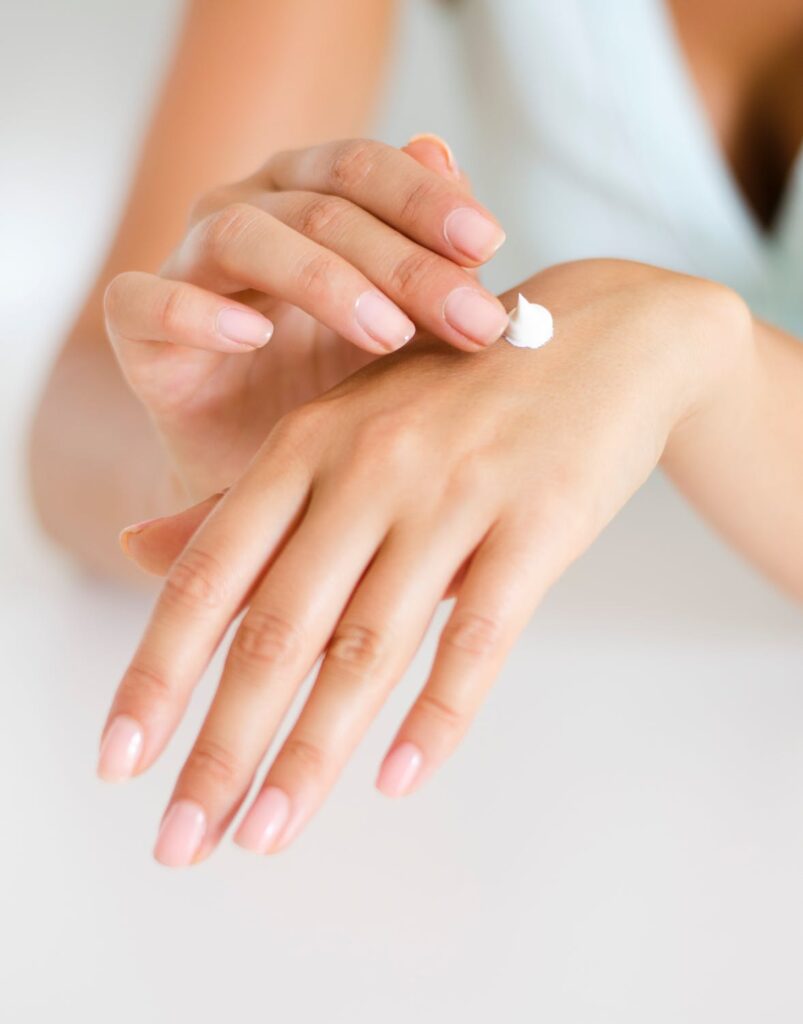Excerpt from:Dr. Beauty Aesthetic Medicine and Fashion May Edition
People often say that “white complexion is enough to cover up ugliness.” Having fair, flawless skin is a dream for many beauty enthusiasts. But how much whitening is enough?

The Primary Factor that Determines the Skin Color: Genes
What is your skin tone? There is a classification standard for skin tones called the “Fitzpatrick Skin Type,” which was published in a research report in 1975 by Thomas B. Fitzpatrick, a Dermatology professor at Harvard University. Professor Fitzpatrick categorized the skin tones of all races into six types, with Type 1 being the lightest (fair-skinned Caucasians) and Type 6 being the darkest (dark-skinned Africans). People of Asian descent with yellowish undertones to the skin generally fall between Type 3 and Type 4. The congenital and key factor that affects skin color are genes.
Dr. William Ko highlighted that the quantity of melanocytes in skin cells that produce melanin varies naturally between different races. Despite prolonged sun exposure, individuals with East Asian ancestry will not darken to the same extent as individuals with African ancestry. Even among East Asian people, there are individual differences in skin color. Certain individuals appear pale, whereas others have naturally darker skin. All of these characteristics are due to the impact of different inherent genes. To put it simply, skin color is determined by genetic factors, and you cannot switch to another category through tanning or skin lightening products.
Skin color can be affected by several environmental factors as well as a diverse range of skincare products and therapies.

Skin color can be affected by several environmental factors as well as a diverse range of skincare products and therapies.
The second category of key factors that affect skin color includes elements such as UV radiation, hormones, sleep, cosmetics, and skincare products. For example, individuals who frequently engage in outdoor activities and love getting tanned in the sun will definitely have darker skin tones. Pregnant women may experience localized darkening of the skin due to hormone secretion. Similarly, people with busy and stressful lives may experience the secretion of stress hormones which stimulate melanin production, resulting in the formation of dark spots. These are all acquired factors.
Nevertheless, “whitening” is still a pursuit for many, with numerous products and cosmetic treatments available for trial to attain this goal. Currently, the Ministry of Health and Welfare has approved 13 whitening agents, including vitamin C, tranexamic acid, arbutin, and kojic acid, some of which inhibit melanin production, some of which promote the fading of existing melanin, and some that offer both the benefits.

You should not go too far with skin whitening; excessive concentration of whitening agents can be harmful.
While many people strive to whiten their skin by regularly using skincare products, exfoliating, and using face masks, there is a limit to how much whitening is possible. According to Dr. William Ko, if the original layer of dead skin cells is thick, exfoliating and using face masks can temporarily improve skin tone by removing these dead skin cells from the epidermis and increasing hydration. However, this type of “whitening” does not result from the fading of melanin pigment. For those with sensitive skin, excessive exfoliation or use of face mask can not only fail to brighten the skin but can also lead to additional skin problems. Therefore, skin-whitening products and treatments should be cautiously selected and used.
Using whitening products can at the most reverse light damage and melanin deposition caused by UV radiation, but there are limits to their effectiveness. One cannot exceed the limitations imposed on their skin tone by their natural genetics. Dr. William Ko has stated that according to the Ministry of Health and Welfare, the concentrations of whitening agents in products have a certain upper limit. Although, higher the concentration, better the result, higher concentrations do not necessarily yield better results; in fact, excessive concentrations may actually damage the skin. If you find that the product’s effectiveness is not up to the mark, it is recommended to opt for light-based laser treatments offered by aesthetic medicine practitioners, as their effects are better than those of skincare products.

Use Sunscreen and Note the UV Index
Sunscreen is also important for maintaining fair skin. Using products like hats, sunglasses, masks, parasols, and lightweight jackets in addition with proper UV protective lotion can provide effective UV protection. “However, it is most important to pay attention to the daily UV index!” said Dr. William Ko. If the UV index is between 8 to 10, the exposure level is classified as “excessive,” and sunburn may occur in as less as 20 minutes. If it is above 11, it is classified as “dangerous,” and the time for a sunburn to occur may shorten to within 15 minutes. Therefore, it is best to avoid going outside as much as possible between 10 am to 2 pm when the sunlight is strong and the UV index is high. If one wants to go for some outdoor activity, one should take proper preventive measures to prevent skin damage.
It’s important to keep in mind that there is a limit to everyone’s potential of achieving fair skin, and different skin tones have unique advantages. Embrace your natural skin tone and lower the use of whitening and sun preventive measures. Before purchasing and applying any whitening product, it is important to perform a patch test on your skin to check for sensitivity. Let’s make sure that we achieve bright, white, and glossy skin safely!
-808x1024.jpg)